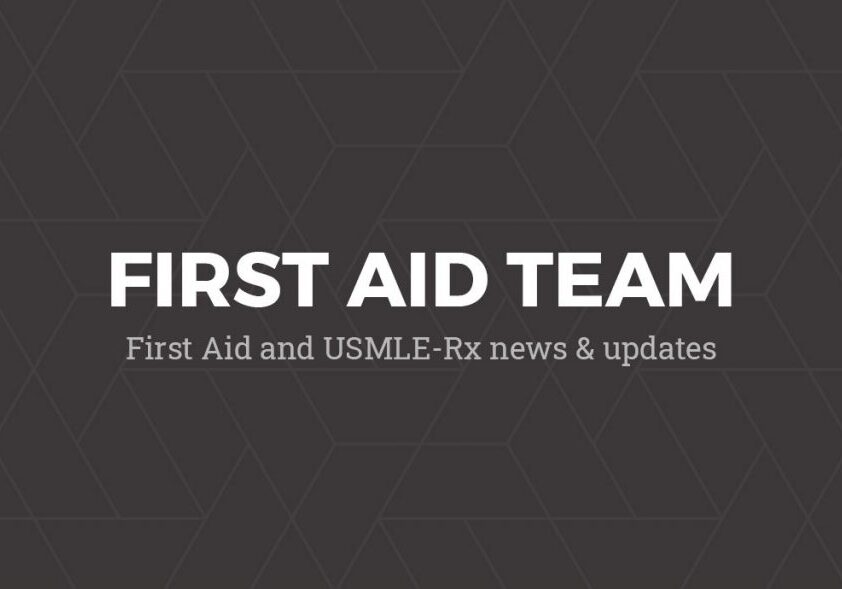How do clinical educators decide what competencies are important and how do they decide what is required for adequate daily performance on the wards?
Clinical rotations play an important role in the medical curriculum. Certain competencies are standard for all medical students. However, there are differences between how these competencies are assessed from school to school and from clinical educators to doctors.
For example, sometimes competencies related to the diagnostic process are more important to clerkship grading, whereas interpersonal skills, professional qualities, and motivation are more important to daily ward performance.
Active learning is a concept which involves knowledge acquisition combined with instant feedback in the form of a debate, classroom discussion, class game or collaborative learning group, or by practicing learning through teaching.
A new study to help test “active” learning on the wards involved the following: Students were given a true/false questionnaire to check for knowledge of medical topics, eg. pneumonia Next, students went to attend wards, grand rounds and, during this time, studied with an active and a traditional learning methodology.
Knowledge acquisition was tested by giving students a second test in order to assess what they learned. Students were also asked to answer two questions about self-directed learning and to give opinions about the two learning methodologies used.
The results showed that the active methodology proved to be more effective than the traditional methodology for the three outcomes considered: knowledge acquisition; self-directed learning, and student opinion on the methods.
Bibliography
Melo Prado, H., Hannois Falbo, G., Rodrigues Falbo, A. and Natal Figueirôa, J. (2011), Active learning on the ward: outcomes from a comparative trial with traditional methods. Medical Education, 45: 273–279.


